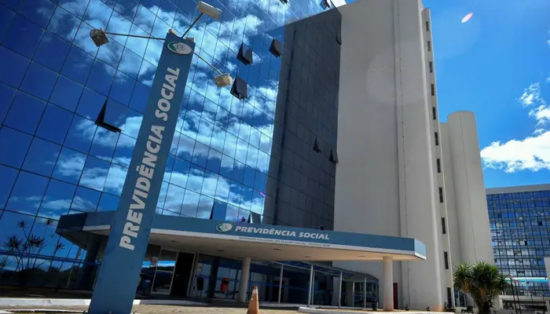The Single Registry (CadÚnico) collects data from families in situations of poverty and extreme poverty. With this information, the federal government offers programs such as Auxílio Brasil.
Furthermore, states and municipalities can use CadÚnico data to implement public policies that aim to improve the lives of these families. Several social benefits use data from the Single Registry to select candidates, such as Auxílio Brasil, Auxílio Emergencial, Tarifa Social and Vale Gasolina.
Families in socially disadvantaged situations and people who live alone can register with CadÚnico. Registration is done at the Social Assistance Reference Center (CRAS) or at the Single Registry service point.
In this case, information such as: household characteristics, identification of each person, education, work situation and income, among others. Therefore, some documents must be submitted as.
What documents are required?
The responsible family must register. This person must be over 16 years old and have a CPF or voter registration card, except for those responsible for indigenous or quilombola families. In this case, other forms of identification will be accepted.
The recommendation is that the family representative should preferably be a woman. In addition to your CPF or title, you must provide at least one of the following documents for each family member:
- Birth certificate;
- Wedding certificate;
- CPF;
- RG;
- Work Card;
- Voter ID;
- Administrative Register of Indigenous Birth (RANI) – if the person is indigenous.
After all, can anyone who lives alone receive Auxílio Brasil?
The new assistance program replaced Bolsa Família and brought several changes. Average pay increased to R$ 400 and the number of benefits increased.
To receive financial aid, other requirements must be met in addition to being registered in the federal government's Single Registry of Social Programs. Program. See what they are below:
- Have updated data in CadÚnico for at least two years;
- families considered extremely poor, with monthly per capita income of up to R$ 105;
- families in poverty, with a per capita monthly income of up to R$ 210 (as long as they have pregnant women or young people up to 21 years old).



